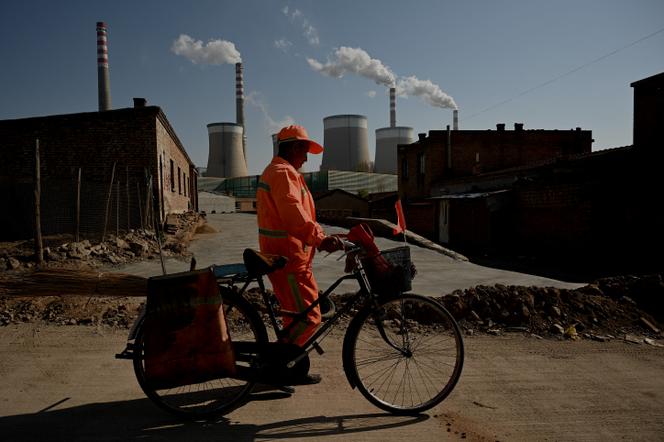


It was a small revolution for the owner of a traditional hand-cut noodle restaurant in Datong, in the coal basin of Shanxi province in northern China. "Before, my employees preferred not to contribute, so they could keep all their money. We only insured them in case of a workplace accident or commuting accident," explained Ma Shunfeng from his courtyard, surrounded by potted lemon trees. In recent days, his 10 cooks and 16 servers finally gained access to health coverage and began contributing toward retirement. "We pay 80% of the contributions, and the employees pay 20%."
Published on August 23 and enacted on September 1, the new judicial interpretation from China's Supreme People's Court marked a turning point in protecting workers' social rights. Entitled "Interpretation II," this directive on labor dispute laws required local courts to consider employer social security contributions mandatory, even without a formal contract. Its effects were felt by the end of September, when salaries were paid and many private companies had to adapt their practices to comply with the new requirements, notably by registering previously undeclared workers.
You have 79.85% of this article left to read. The rest is for subscribers only.
